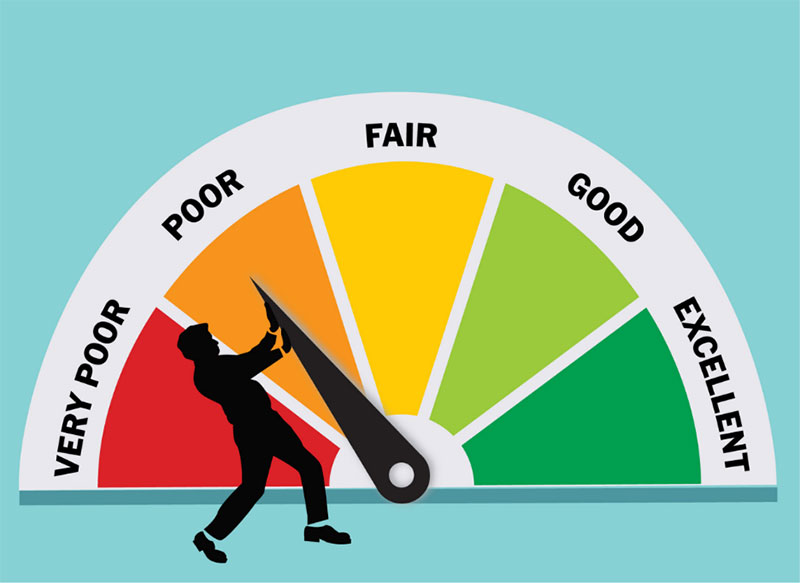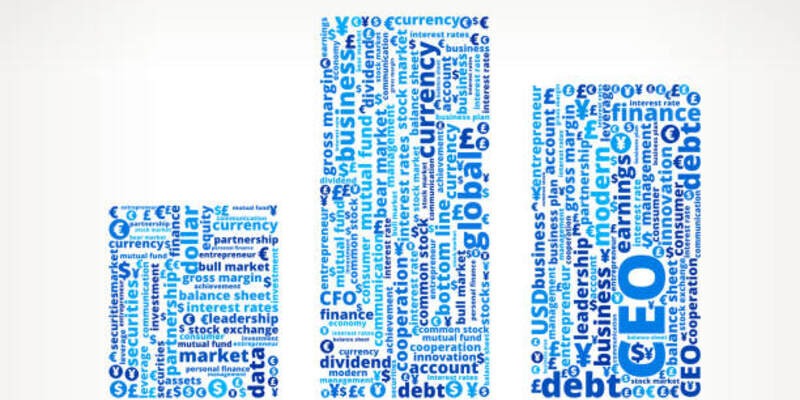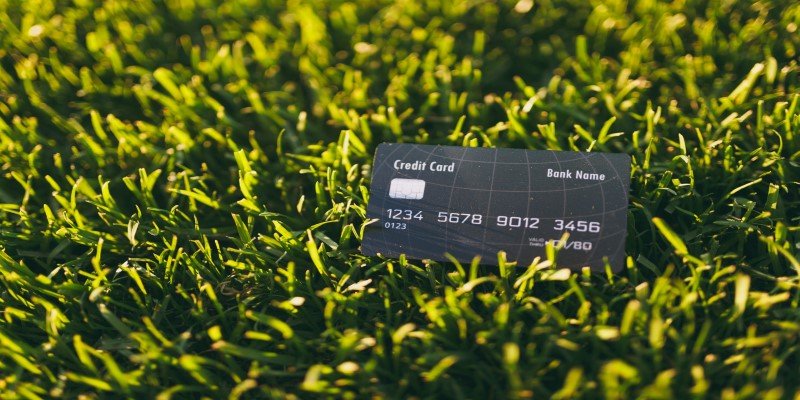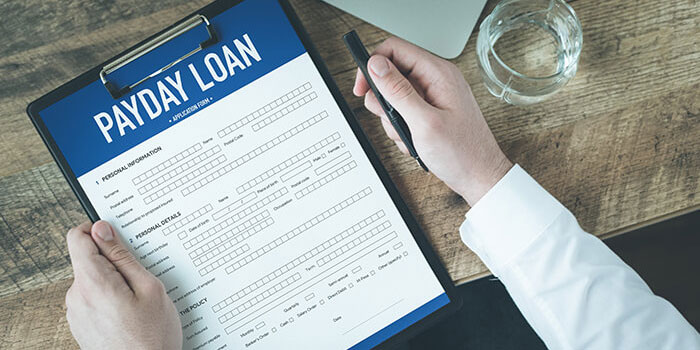One's credit score is a reflection of how likely it is that one will be unable to repay a loan or credit card. If your credit score is poor, you are seen as a higher-risk borrower than someone with a higher score. Creditors and lenders will charge you a higher interest rate to compensate for their increased risk.
If you have a low credit score and nevertheless manage to get approved for credit, you will end up paying more interest fees than you would if your credit were better. More money borrowed means more money paid back in interest.
Major Side Effects of Bad Credit:

In reality, there are more Negative effects of bad credit than you may think. Some of the many side effects of bad credit are listed here.
1. It May Not Be Easy to Get a Loan Approved
Your credit score is the single most important factor in determining whether or not you are accepted for a new loan or line of credit. Many loan providers will say no if your credit score is below their minimum requirement, regardless of how close you are to that number.
2. You’ll Be Subjected to Extremely High-interest Rates
Assuming you are approved for a loan, you may expect to pay a hefty interest rate on that money. Because of the huge risk associated with lending money to someone with a poor credit history, the interest rate on any loan you take out will be quite high. In the long run, interest costs are likely to be more than the principal balance.
Fortunately, some businesses will finance equipment purchases despite poor credit.
3. Raised Mortgage Interest Rates
Although no hard and fast minimum credit score is required to obtain a mortgage, having a low score can make it difficult to find a lender willing to finance your loan.
A mortgage may be granted, but you might expect to pay substantially higher interest rates due to your low credit score. Therefore, the total cost of purchasing a home is much higher.
4. It Might Be More Difficult to Find a Job
A good credit score is sometimes a prerequisite for employment in specific fields, such as management or the financial industry.
It may be more difficult for you to secure the employment that you want if you have a poor credit history, particularly if you have a background of filing for bankruptcy or if you have exceptionally high amounts of debt.
5. Insurance Premium Increases
It's no surprise that insurance companies check applicants' credit reports. This is because drivers with low credit ratings have been shown in studies to be more likely to file insurance claims on their vehicles.
If your credit rating declines, your premium won't necessarily go up. However, a poor credit score may prevent you from getting the best rate, regardless of whether or not you've filed any claims.
6. You Won't Be Given the Top Credit Cards
If your credit rating is poor, you will not be approved for the finest credit cards. Additionally, monthly interest payments will be significantly greater. Further, you have a lower chance of qualifying for credit product promotions, discounts, or other perks.
People with poor credit can get credit cards, but many of them require a hefty upfront fee or guarantee.
7. A Lower Probability of Securing a Contract for a Mobile Phone
When you register for service with one of the larger cell phone companies, the majority of them will look at your credit score. Since they are giving you a month of service for free, they think it is only fair that they check to see if you can be counted on to make your payments on time every month.
Prepaid plans or month-to-month contracts, where rates tend to be higher, may be your only option if you don't have a good credit score.
8. Having Trouble Getting a Vehicle Loan
Banks Before approving you for a vehicle loan, They'll need to look at your credit history. If you have poor credit, getting a vehicle loan may be impossible. Another possibility is that, even if you do get accepted, you'll be burdened with a high-interest rate and a huge monthly payment.
Ways to Raise a Low Credit Score

However, even if your credit is poor, there is still hope. Start improving your credit score with these steps.
Pay Off Your Remaining Debt
The lower your debt-to-income ratio, a key factor in evaluating your credit score, the better your score will be. Reducing your debt will help reduce your interest payments.
Check Your Credit Report for Errors and Have Them Corrected
If you want to ensure there aren't any errors or signs of fraud on your credit report, you may get a free copy from each of the three major credit reporting agencies. If you uncover any, make sure to report them to the appropriate authorities and make use of the techniques and credit monitoring services that are available to you.
Never Take on Any Additional Debt
Lenders may see this as a sign that you are an unreliable borrower who cannot meet their immediate financial obligations. Taking out new loans is another bad idea that might put you in a downward cycle.
Consolidating Debt
Consider applying for a consolidation loan to roll all of your outstanding balances into a single, more manageable monthly installment, with the added benefit of a single, consolidated interest rate.
The Bottom Line
The significance of a good credit score cannot be overstated. If your credit isn't where you'd like it to be, don't worry about the negative effects of a bad credit score; it's not the end of the world.
You can easily monitor your credit and learn how to improve it with the abundance of online credit monitoring tools. Keeping an eye on your credit report is a great way to increase your financial peace of mind. You should celebrate even a minor improvement in your credit score.







